Mariana Dahan – Person of the Year 2024
HUMAN RIGHTS ACTIVIST, FOUNDER OF THE WORLD IDENTITY NETWORK
Born: Grimăncăuți village, Briceni district, former USSR Republic of Moldova
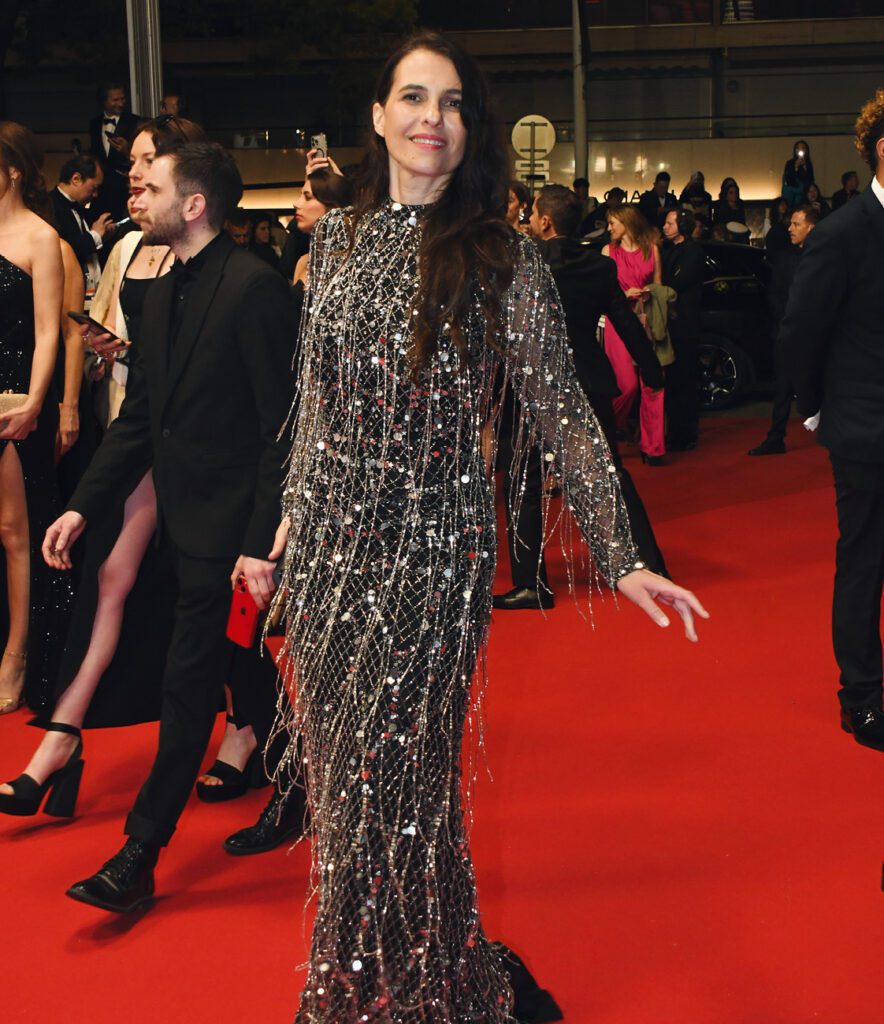
In 2024, Mariana Dahan brought the story of lost identities to the Cannes Film Festival. It was the result of work into which she poured, above all, her heart. A human rights activist and the founder of the World Identity Network, Mariana turned her experiences into struggle—and that struggle into art.

“Shadows in the Dark” was born out of a deep need to give voice to realities that many people live in silence. It was a long process, but the turning point was the realization that identity is not a gift—it is a constant construction, sometimes imposed by others, sometimes redefined by ourselves.
“When I met people who had spent a large part of their lives trying to understand their place in the world, I knew this story had to be told.”
Shadows in the Dark is about two billion people who, to this day, live in the shadows of society and who constantly have to prove their existence, simply because they lack the basic identity documents to confirm it. But it is also the story of all of us, who must continuously reaffirm and redefine our existence in a rapidly evolving society.
“Doubts? Absolutely. Every artist and activist faces this fear: Will my message be understood? Will people resonate with what I want to share? But I quickly understood that art does not have to be one-directional. A film is not about dictating an absolute truth, but about opening a dialogue. When I saw the reactions of the first people who read the script, I realized that this subject deeply resonated with them. What made me move forward? The need to create a space for questions, not just answers.
The Cannes Festival was a mix of euphoria, gratitude, and responsibility. There, the film takes on a new dimension, where every frame is analyzed, every story scrutinized. When I arrived with my film, I felt that all the sleepless nights, all the doubts, every hard choice during the creative process was worth it. But above all, I felt that this film had found a place where it could be heard and understood at its true value.”
Between New York, Cannes, and Grimăncăuți
“The biggest battle was convincing myself that my story was worth telling.”
The most powerful feedback? I was in New York when a director approached me after a screening. He said he had never heard of Moldova, but he discovered it through my film. He was surprised that such a small country gave the whole world a lesson in courage and humanity.
Identity and personal data are the strongest shield of a modern person, which is why we must ensure that no one destroys it. Otherwise, we become vulnerable.
A personal act of courage or an artistic confession? I believe it is both. It is a part of me, but also a part of all those who have gone through an identity crisis. I did not make this film just as an artistic exercise, but as a confession about what it means to live between shadows and light, to question your existence, and to find your own voice. As a woman, I feel an enormous pressure to play roles imposed by society. This film is, in many ways, a release from these constraints.
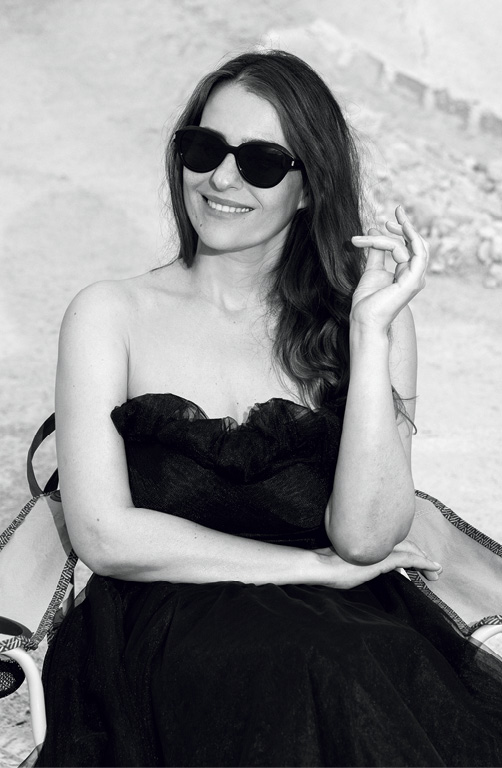
The biggest fight was convincing myself that my story deserved to be told. I grew up with the idea that I needed to be “safe,” that some topics are too personal, too uncomfortable. It was a struggle to let my guard down, to accept vulnerability as strength—not weakness. I always felt I had to prove more. In this industry, you must be both firm and authentic.
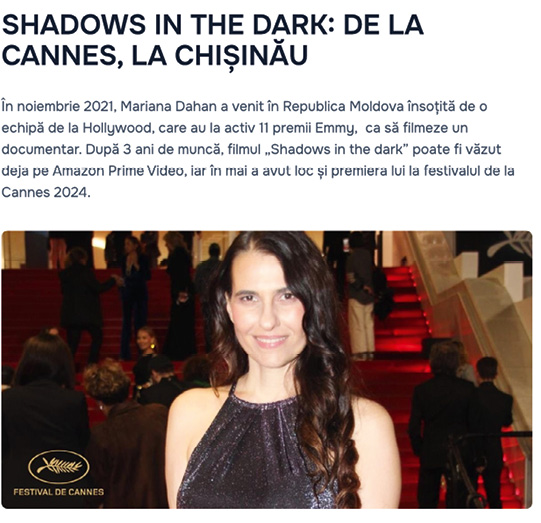
So yes, I’m the Moldovan woman from Grimăncăuți who made it to Cannes! I’m a woman who has faced hardships but arrived at Cannes full of pride for her people, who stepped up to help hundreds of thousands of Ukrainian refugees. I see a woman proud of her roots, of her Moldovan people, of humanity, and of the empathy of Moldova’s people. And above all, a woman who hopes her film will inspire others to do the same—to share their story with the world.”
Watch it at www.shadowsinthedark.movie




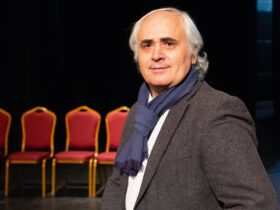

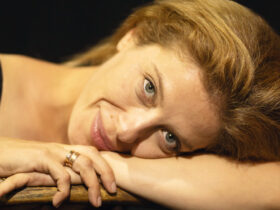
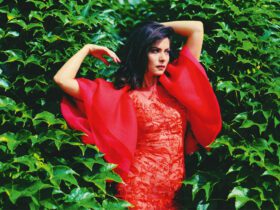
Lasă un răspuns